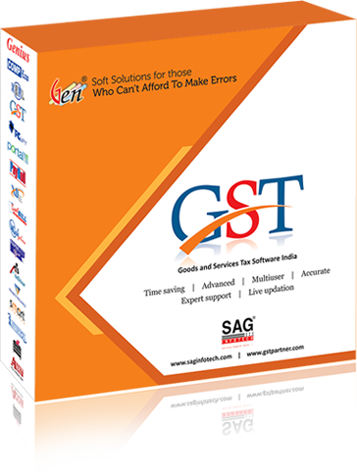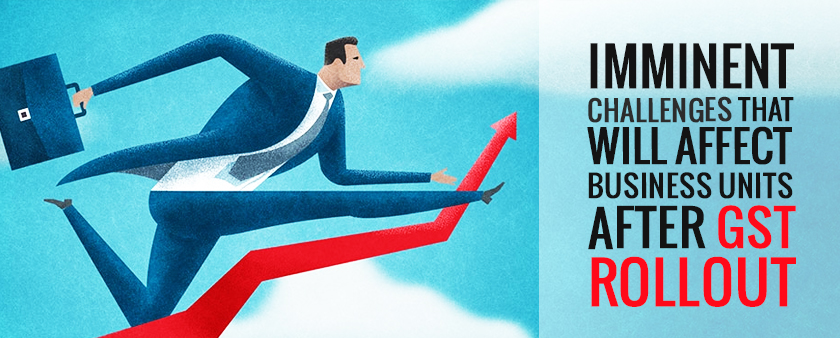GST is one of the biggest tax reforms for India since Independence which has been implemented from July 2017. GST is not just a tax but it will be beneficial for the whole economy and would have a far-reaching effect on businesses. Various experts have identified that the procedure and working of business units will be affected by the new GST regime. If a business has started maintaining financial records, there are several points in which the government and the GST council has to put some extra attention, starting from the line.
Some points and round of actions which will be affected business units after the GST are as follows:-
Robust IT Infrastructure: – Robust IT network is one of the challenges which will affect businesses after the GST. Designing and developing robust IT infrastructure will be a herculean task. For this purpose, Government has already developed Goods and Service Tax Network (GSTN) which provides IT infrastructure facility to all the stakeholders. GSTN has developed GST portal which ensures technology support for registration, return filing, tax payments, IGST settlements. MIS, etc. Through GSTN, stakeholders easily file their tax returns to the government.
Extensive Training to the Tax Administration Staff: – GST is totally different from the existing indirect taxation system in the country. For successful implementation of GST in India, it will require tax administration staff at both levels, central and state to be well trained properly in terms of legislation, concept, and procedure. The tax administration staff would be required to change their mindset approach and attitude towards the taxpayers. For implementing GST, tax administration staff would have to learn, unlearn, relearn GST not only in letter but also with enthusiasm.
State- Wise Registration: – State wise registration is another challenge faced by businesses after the GST in India. It’s very difficult for the businesses GST bill passed by the respective state Governments in state assemblies to bring majority. For this, Government would be required to put the GST bill in the public domain and give sufficient time to all stakeholders to comprehend and give their views on the bill.
Revenue Neutral Rate (RNR): – RNR is one of the factors which impact in GST implementation. RNR is the tax rate which allows the government to receive the same amount of money even after the changes in tax laws. In GST regime, the government revenue would not be the same as compared to the current system. Hence, through RNR Government is to ensure that its revenue remains the same despite giving tax credits.
Strictness in Tax Compliance: – It must be noted that GST will be very strict in terms of tax compliance, as the input tax credit is one of the major factors for claiming the input tax credit earlier it was not observed or highlighted. Each and every vendor will be required for tax compliance and rate them on GST score card for future use. Rakesh Nangia, managing partner, Nangia & Co. also mentioned it in a statement that, Vendor should pay tax before the same is claimed as input tax credit. The recipient must receive the tax invoice and supplies before claiming credit.






